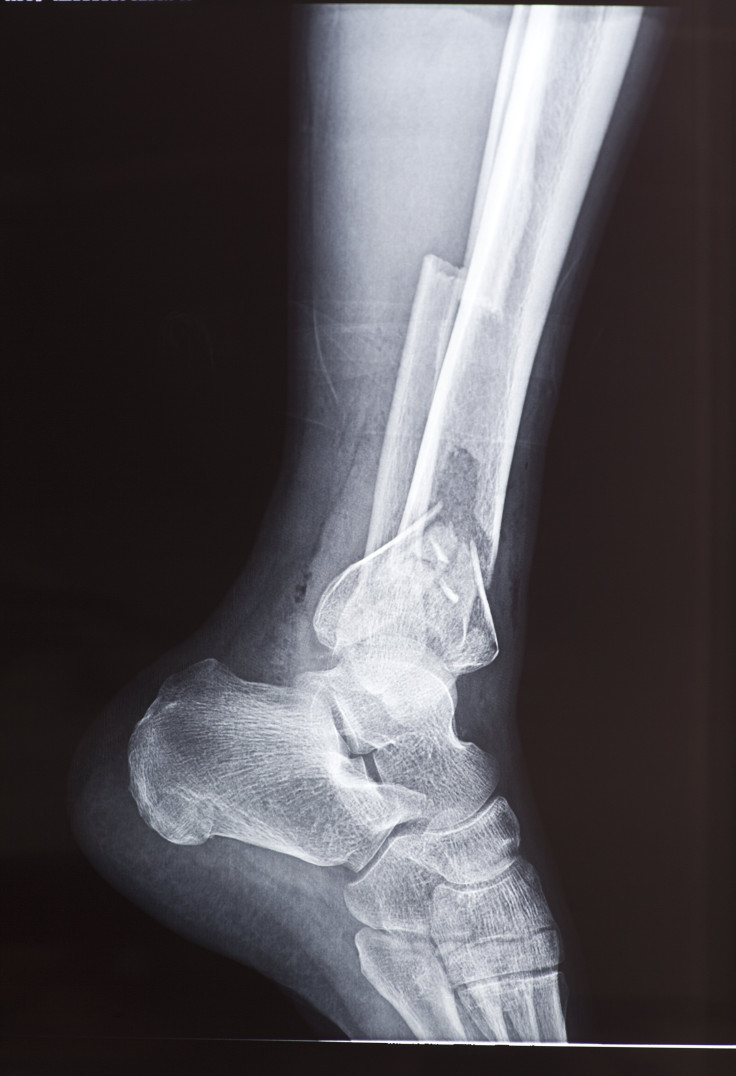Breakthrough ‘Wrapping Paper’ For Broken Bones: Membrane Implants Help Injuries Heal Faster

An Israeli company has designed a type of flexible and strong “wrapping paper,” which can help bones heal faster. Also known as membrane implants, this type of material is a “guide” for the body, assisting the natural healing process to ensure a successful recovery — a process known as Guided Bone Regeneration (GBR).
After fracturing a bone, doctors typically place the broken pieces back into position, put it in a cast, and wait for it to heal. However, “[a]fter a fracture there is a competition going on in the human body between soft tissue and bone,” Moshe Tzabari, CEO at RegeneCure, told NoCamels. “If there is no barrier, soft tissue will infiltrate the wound and stop the bone from growing or make it grow in unintended ways.” RegeneCure has been experimenting with membrane implants in animals for quite some time and are now ready to bring them to use in humans.
The membrane implant, which looks like plastic wrap, is a transparent and extremely thin material that can be shaped into any form. It also attracts stem cells, which grow along the surface and help the healing process move along. RegeneCure’s membranes are “semi-selective materials,” Tzabari told NoCamels, which means they let certain elements transport through them, while prevent others from doing so. Similar membranes have been used in other medical procedures or treatments, such as in drug delivery — covering pills so that they don’t dissolve immediately in the digestive system — or in guided bone growth post-fracture.
RegeneCure also developed membranes for dental bone regeneration. Dental patients who have a tooth replaced with a dental implant may be lacking bone volume, which means the membrane can be used as a substitute until the natural bone replaces it. It’s also able to degrade over time, and is “entirely synthetic, eliminating risk of contamination by pathogens present in animal-tissue-derived membranes,” a press release noted.
The dental implant membranes will be available in 2014 and will first be introduced to the European market. Once these products are approved in Europe, RegeneCure hopes to aim next for approval in the U.S.
According to NoCamels, RegeneCure completed research with sheep suffering from fractures, as well as high bone loss. When the fractures were treated with splints only, they didn’t heal. With bone-graft substitutes, the sheep healed in some 28 weeks; with the membranes developed by RegeneCure, the sheep healed in the same amount, though the company claims it growth was “more complete.” Membrane implants in combination with bone-graft substitutes allowed healing to finish in only 8-14 weeks.
“This is not only less painful for the patient, it also makes sense from an economic point of view,” Tzabari said. “A second operation after fractures to harvest bone costs between $2,000 and $3,000. Our implant will be sold for $800.”
Published by Medicaldaily.com



























